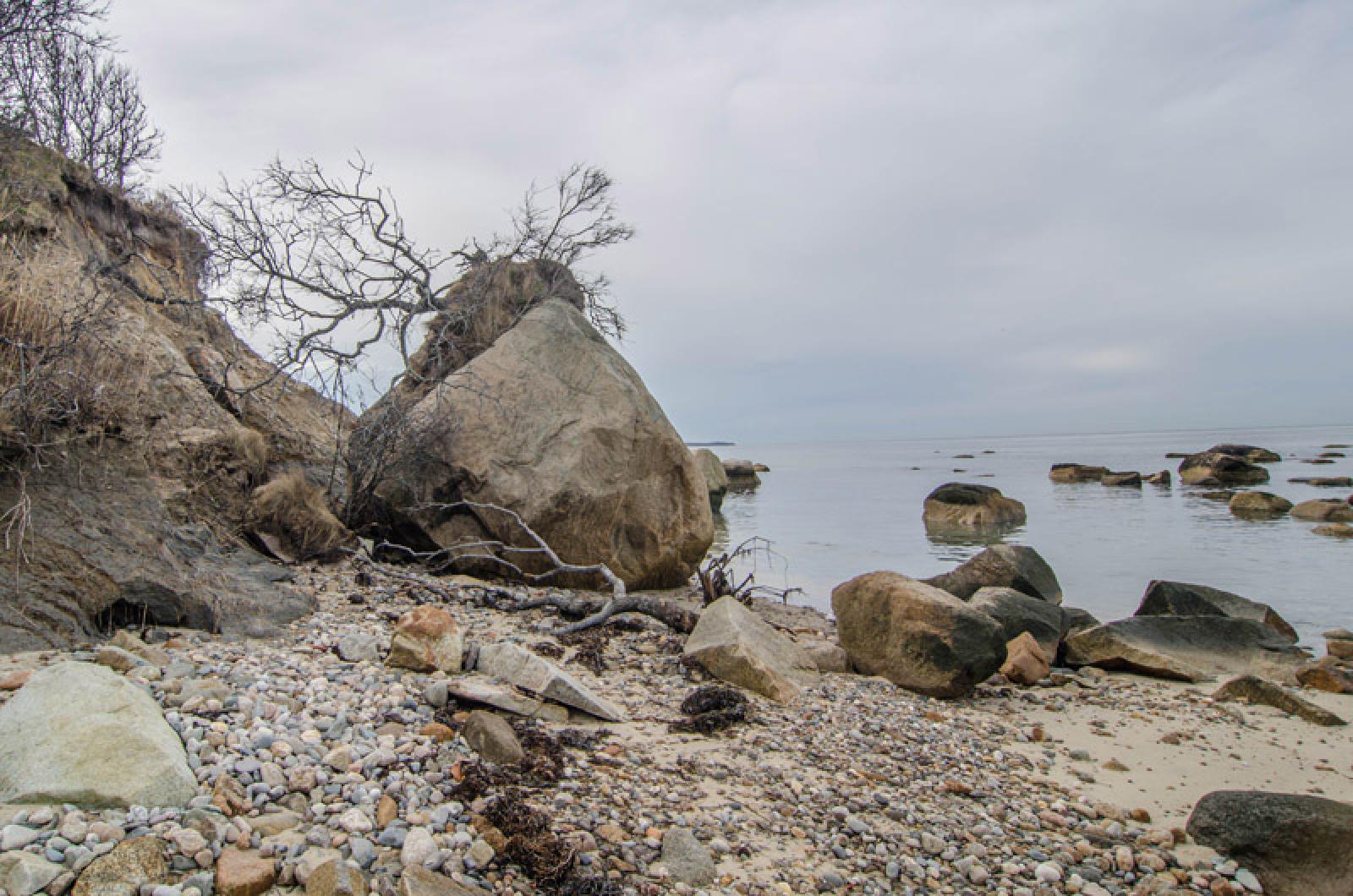“Not for love or money,” our hero might declare in an old movie when declining an unsavory proposal. And indeed the three cliché motivations in life are said to be money, fame or power. The politician wants power, the artist fame and the usurer money. Money is status, the big house on the hill, a car that’s chick bait, business class on a plane. After providing for food and shelter, walk-around money enables the casual splurge of self-indulgence or loaning a C-note to a friend. Beach days, a ski slope, a charity bash.
Love, of course, is less a matter of charity than laser-like intensity and seeks less tangible rewards, perhaps life-altering. Money buys plumage, then feathers our nests, but when the nest egg is gone you will surely want love as a hand to hold.
Love is a broad term, being sometimes selfless, religious or a pell-mell panting infatuation. As with a mercenary focus, perversions can exist, fetishizing an obsession into criminal behavior—sexual embezzlement. Diamonds were a girl’s best friend, the Broadway song assured us, if love evaporated. But go to a senior center and you’ll notice a divide between the old folks who bothered to have children, and raise them with attentive affection, and those who didn’t. The latter enjoy fewer visitors, no grandchild announcements, less of the hubbub and continuum of life.
Enter life, seize the risk. People do get divorced, but so what? Better to have tried than never to have failed at all. Peace of mind is not attained through a banal eventless life. Place your bets in love and money.
Money is for bartering accoutrements. It patches marriages, prompts a sourpuss to envy, and lubricates our daily effort to finesse harassments that we ordinarily face. Like our ape ancestors with a clump of fruit, we finger it, hide it or hand some to a friend. We count and hoard it, scheme to add more to our pile.
Love, though, is interstitial. Rich people might long for it in vain. Like calcium it builds the bones that hold us up. Ultimately, we’ll stand or fall with it. Love is food, priced indefinably. We shrink and shrivel without it, no matter how plump our bank account. Love is two-way, not a giveaway or purchasable on Fifth Avenue. Its glow can be more secretive than the grin of a Wall Street trader’s killing. There will be a loser as well as a winner in finance, but not necessarily in love. Love is a trampoline if you’ve moved too quickly, but not if you managed to grab a trapeze and swung up to stay. Life, as a circus, has groundlings as well as those in the air. Groundlings can burrow, however, and establish a love nest below. You’ll see them with their cheeks full of kernels for the winter. Love pays off in doubloons of its own.
Love of work peps you up in the morning. Get right at it. Lovemaking, too, might send you forth smiling. A love match, a match made in heaven. But I love him, people also gush about their doctor, gardener or stockbroker.
Both love and money can be slippery though; skidding astray often happens. Skipping out on a landlord is illegal, but breaking a heart is not. You’ll meet an aid worker, sculptor or teacher who enjoy their jobs so much they’d do it for free—one of the markers of a lucky life. People helping others, dying with their boots on.
The opposite of wealth was the Depression bindlestiff shouldering a knapsack tied to a stick, with a wisp of grass between his lips to suck on, a freight train for travel, hitting the hay when he went to sleep and biting the dust when he cashed in his chips.
The poor eat humble pie, but bartering is native to us, a deer haunch swapped for a spearhead. Pony up. Money is a sand pile that you’ve sculpted all your lifetime, quickly flattened once you’re gone. The very word “dough” implies its centrality, and with a pinch of yeasty personality dividends are expected. Even a beggar does better if his tin cup has a few coins rattling in it. Money is clothing; keep your pants on. In the black, not the red, it’s costuming, until you get so rich you can dress down. Loans float, and moneymen talk of parking the stuff when not moving it around. But greed infiltrates one’s conscience, marbling it with compromise. Generosity is proverbially a virtue of the poor. In nearly any country if you need a meal, ask a poor person. The poor know the necessity of a handout, a belly half empty or half full.
When love and sex vanish temporarily, we will revisit our memories in anticipation. Cuddle bunnies making piggies. Tender, trustful feelings arise, beyond price. Priceless and perennial are the goals. Star-filled evenings, or in the daytime scarlet tanagers, brassy finches, indigo buntings, a winter wren’s long song, and other birds-galore.
Edward Hoagland is the author of over 20 books and hundreds of essays. He lives in Edgartown.




Comments (9)
Comments
Comment policy »